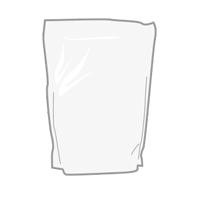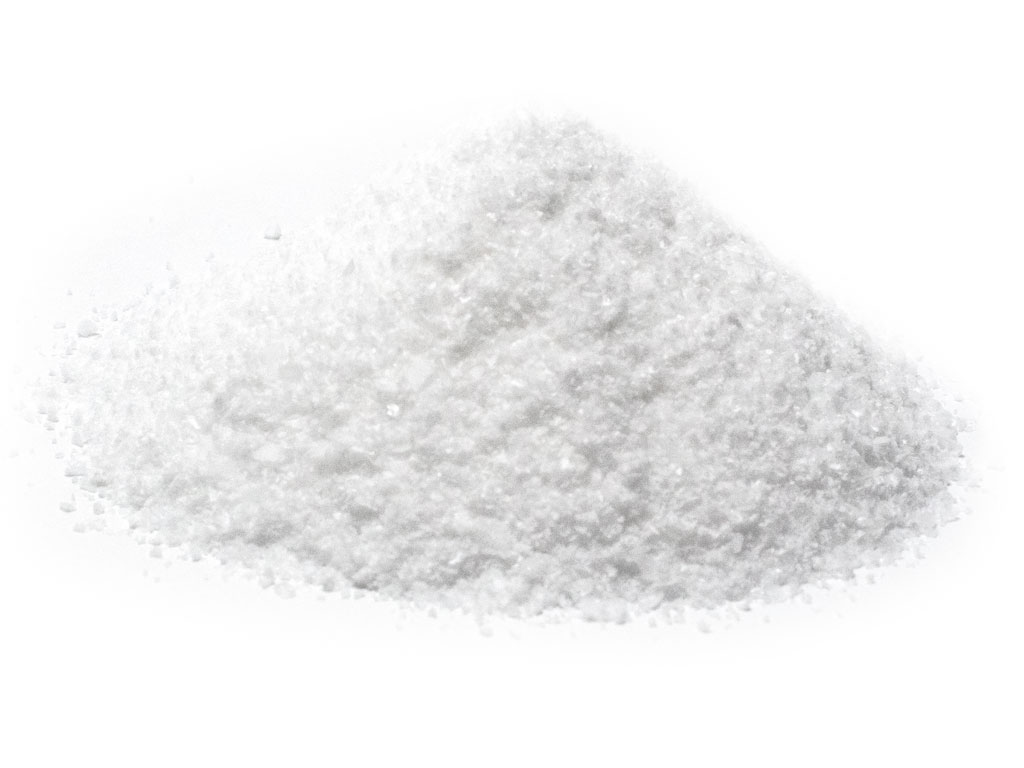Salt, Kosher

3 lb bag $10.85
|
Kosher Salt
Compared with table salt, kosher salt is amazingly pure. Harvested from seawater or land salt mines, with water injected into the rock, it undergoes dehydration. And that’s pretty much the end of processing, unless a gentle anti-caking agent is added, like yellow prussiate of soda. By the time table salt ends up in the shaker, however, it may be adulterated with fluoride, dextrose, sodium iodide, sodium iodate and/or potassium iodide. Yes, the body needs iodine, but a healthy diet renders iodine supplements unnecessary. What’s more, such additives give table salt a bitter, metallic aftertaste.
Texture as well as purity makes kosher salt special. Those large, flat flakes are perfectly sized for adhering to the surface of meat or fish, to extract excess blood. That curing process, known as “koshering,” is the origin of kosher salt’s name. The flat flakes are also easy to grab when a recipe calls for a pinch of salt to stir into whatever’s cooking on the stove or to top-dress a table-ready dish. A teaspoon of kosher salt adds less saltiness and less sodium to the pot than a teaspoon of table salt. Why is this desirable? The primary purpose of salting food is to bring out the existing flavors, not necessarily to make the dish taste salty. Kosher salt is thus a great addition to both sweet and savory recipes. Stir it into chocolate batter or frosting to enhance the chocolaty flavor, without ending up with a salty brownie, cookie or cake. Textural interest also makes kosher salt, as well as, other spices and herbs ideal for meat and fish. And it’s tailor-made for the rim of a margarita glass.
Kosher
